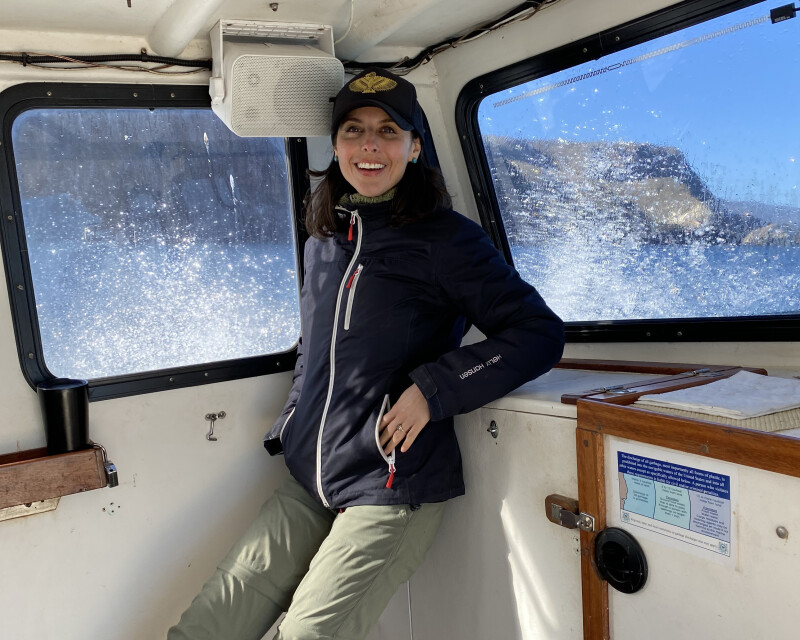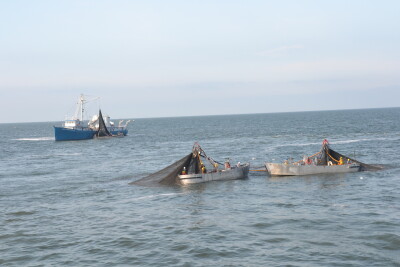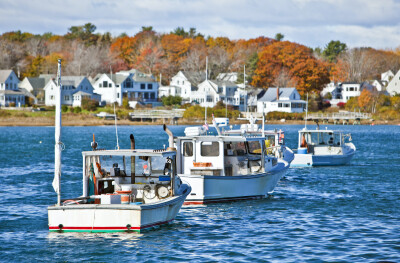When National Fisherman contributor Megan Waldrep launched a blog about dating a commercial fisherman in 2017, she never imagined that her relationship with her fisherman, spiny lobster fisherman Chris Dabney, would lead to a compelling mission.
“I write a lot of blogs, but I kept getting feedback on that one,” Waldrep says. “So, I started writing more, and people started asking me questions. Some were simple questions, like how to send a care package to a fisherman in a remote place. But others started asking serious questions, like how to deal with the anxiety and the fear. They asked about death.”
The growing interest from women involved with commercial fishermen led Waldrep to start Partners of Commercial Fishermen, POCF, which began as a blog on her website, meganwaldrep.com but has evolved into a women’s support group and resource hub that also includes posts on Instagram.
For example, Waldrep connected with a maternal wellness expert Kate Kripke, and posted a conversation with Kripke about strategies for mothers whose husbands are out on the deep.
“Not everyone thinks about their partner dying when he goes to work,” Waldrep explains, and Kripke offers tips on how those on the beach can keep from spinning out of control with the stories that can form in the absence of contact with their fishermen.
While POFC has become a refuge and resource for women dealing with all that being involved with a fishermen entails, for Waldrep, it has become a portal into an expanding world that includes the history of fishwives and fishwives in the global context, including the unpaid work that partners of commercial fishermen do to support their fishermen and families.
“I was talking to Lori French who is fighting the wind farms off Morro Bay,” says Waldrep. “And I asked her what got her going on that. She said she just saw it as a threat to their livelihood and took it on.”
Whether managing family finances, childrearing or becoming activists, Waldrep points out that partners of commercial fishermen often step up and do what needs to be done. “I’ve come to realize we are part of a long tradition,” she says. “We’ve been doing this for centuries.”







